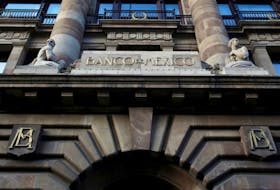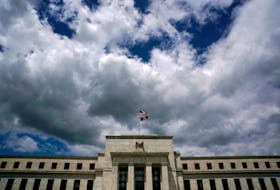By Huw Jones
LONDON (Reuters) - Retail investors are better off sticking with tracker funds than putting their cash with more expensive stock or bond pickers, the European Union's securities watchdog said on Monday in its latest report on fund performances.
The European Securities and Markets Authority (ESMA) said in its annual report on costs and performance in the EU's 9 trillion euro ($9.72 trillion) funds market that investors were still not getting the clear information they need.
Fees paid by retail investors in EU-registered funds were around 40% higher than those paid by institutional investors, leading to lower net returns, ESMA said in its report which covered 2018.
"The report also finds that, in the analysed period, due to the higher costs, the net returns on actively managed funds are lower, on average, than those for passively managed funds," ESMA Chair Steven Maijoor said in a statement.
In actively managed funds, an asset manager chooses the stocks, bonds or exchange-traded funds, while passively managed funds typically track a stock index.
Results from both last year's report and the latest report show that observed cost reductions are marginal over time, ESMA said.
When investing for shorter time periods, the top 25% of actively managed UCITS funds in shares outperformed their passive counterparts, before and after costs were factored in.
"However, the cohort of funds changes over time, making it complicated for investors to consistently identify outperforming UCITS," ESMA said.
ESMA said the value of UCITS funds fell 500 billion euros in 2018 from 2017, the first time since 2011 that asset managers have faced such a drop.
In recent weeks leading stock indexes have suffered their biggest fall since Black Monday in 1987 due to the coronavirus pandemic triggering a rout in shares as investors priced in recession.
"Currently, as the COVID-19 pandemic affects securities markets, fund investors should be prepared to see significant negative impacts on their portfolios," ESMA said.
(Reporting by Huw Jones; Editing by Susan Fenton)









